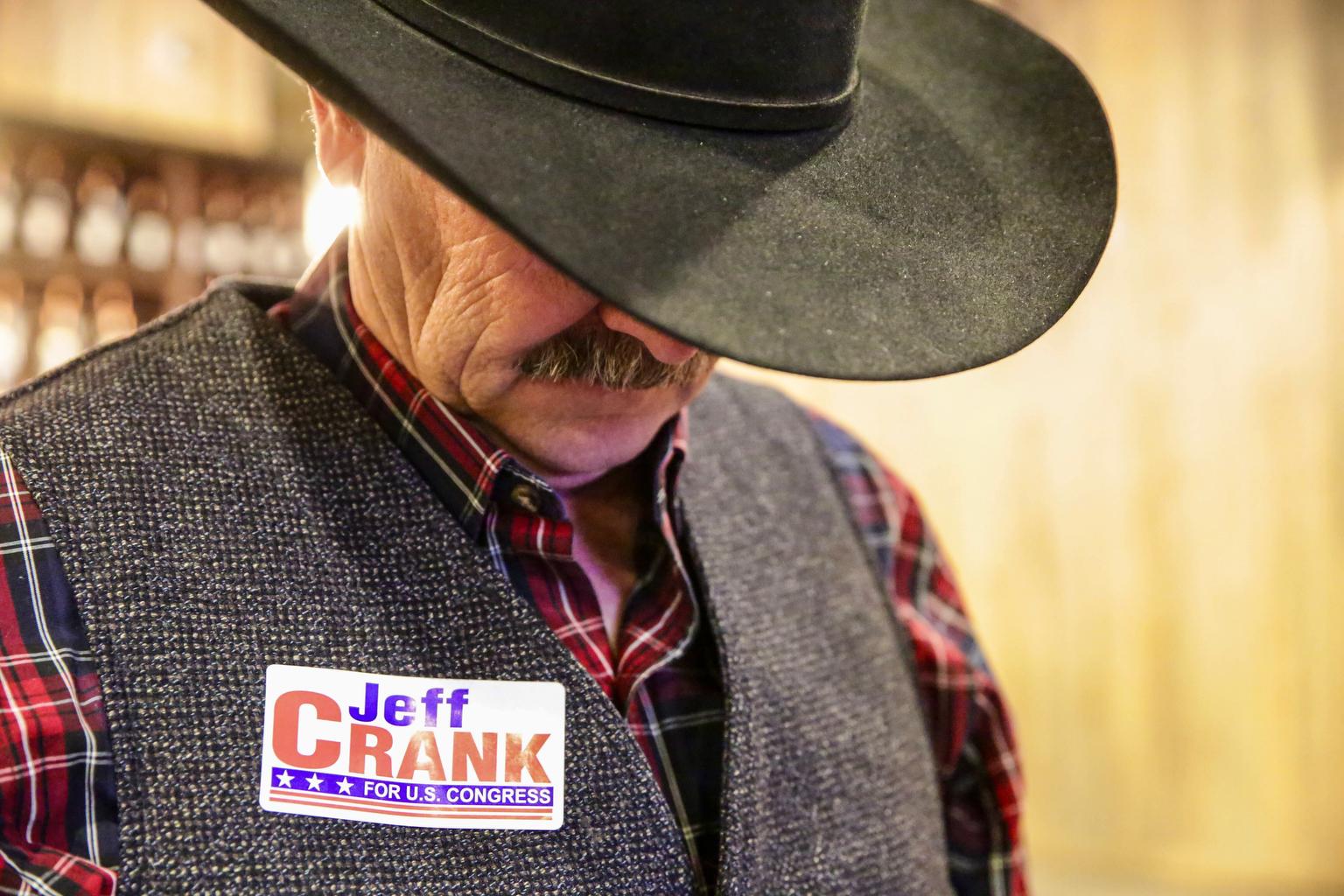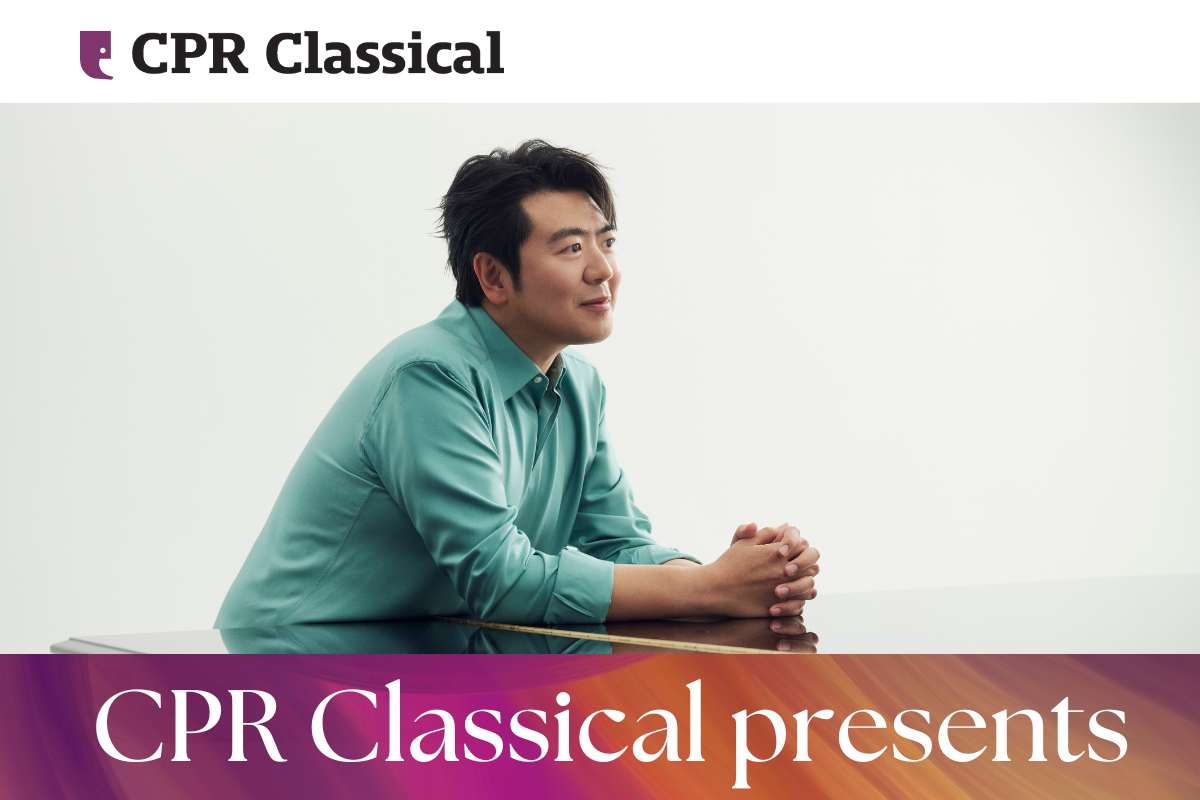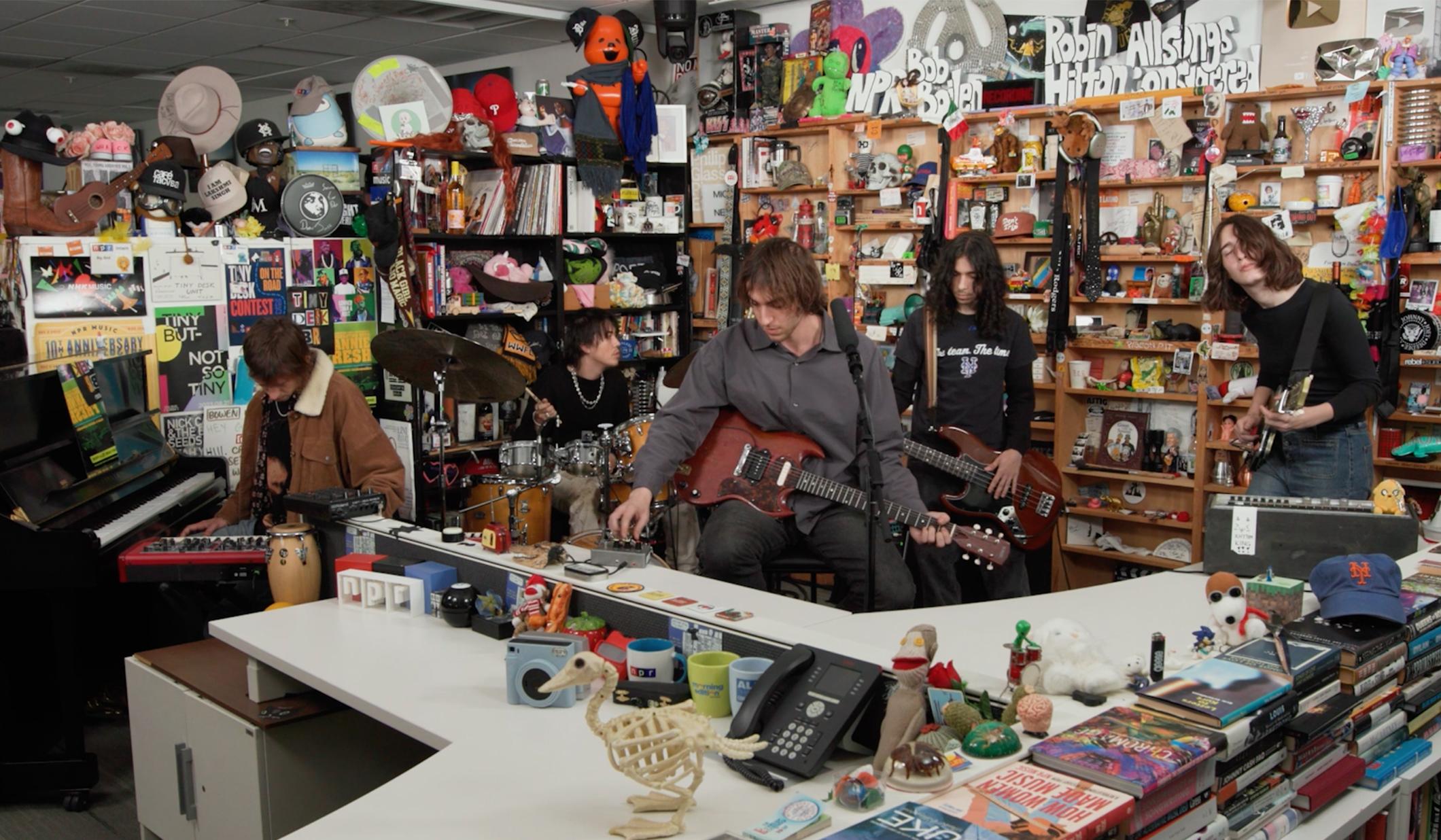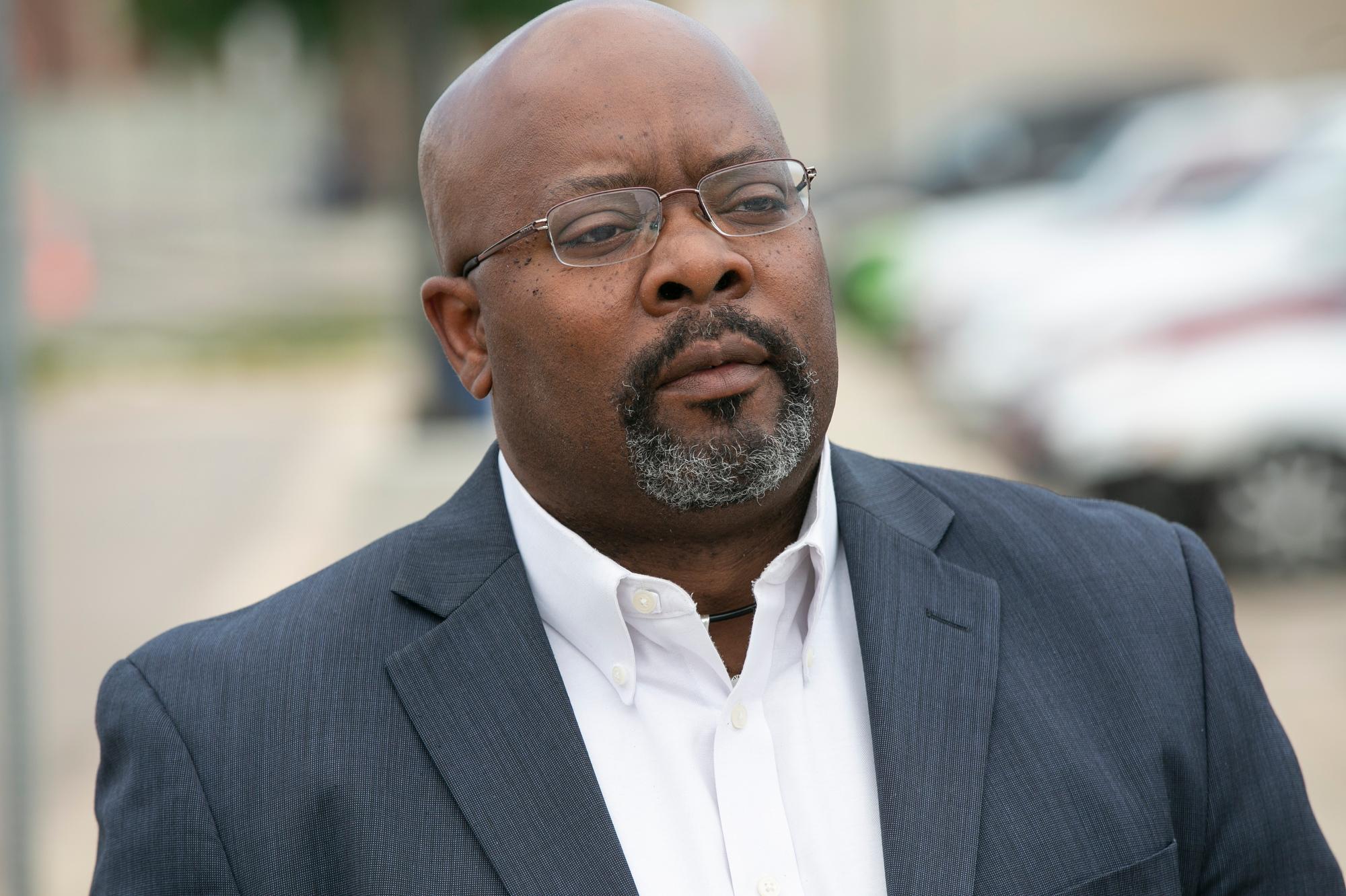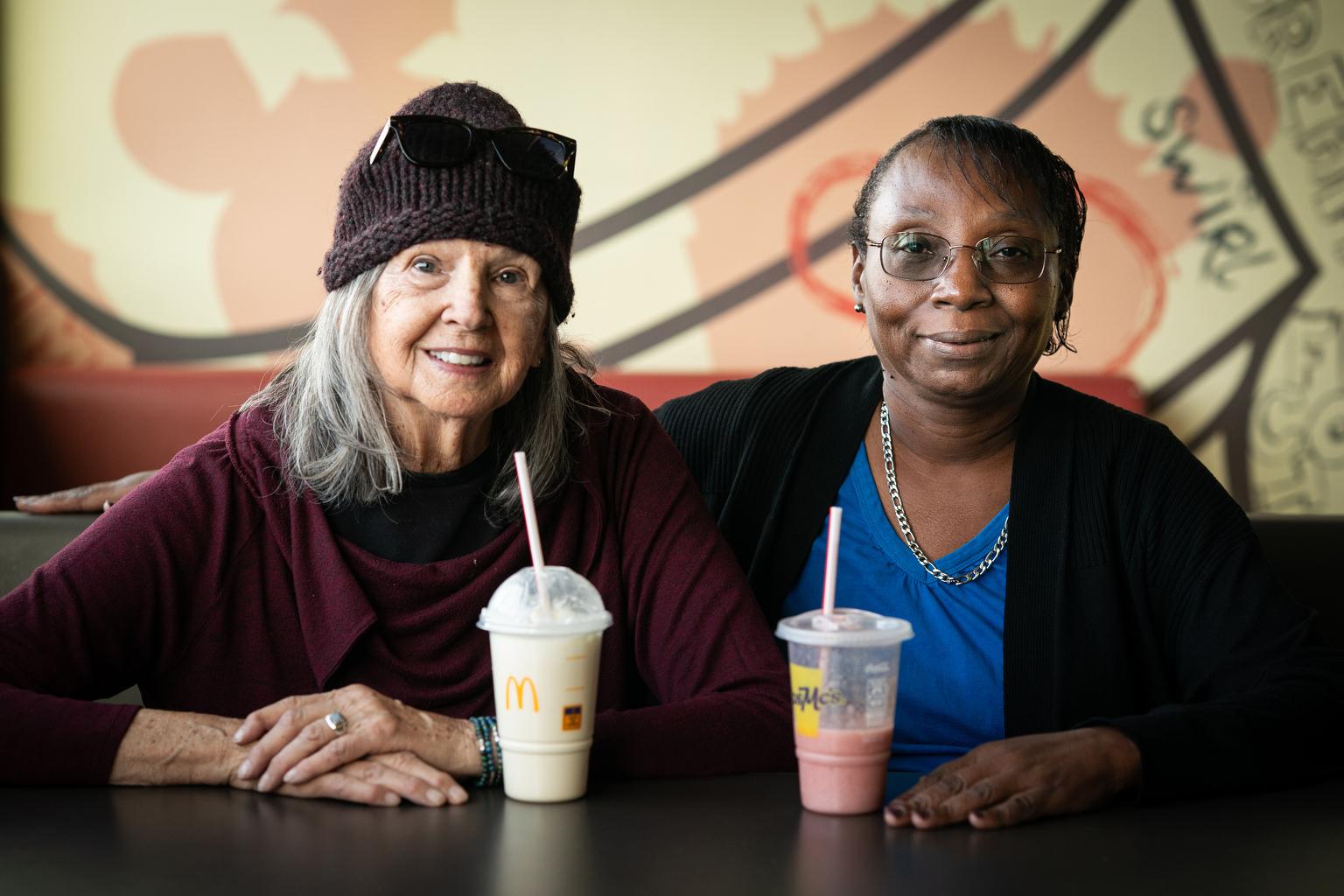
Linda Wearley of Denver and Earlene Anderson of Aurora have a standing date on Tuesdays. They swing by the grocery store, knock off some errands, and find time for some thrifting or a stop at McDonald’s. Earlene gets a smoothie and Linda, a vanilla milkshake.
“We have the best time. Sometimes we giggle so much, I'm like, ‘Oh, Linda, they'll think we're up to something because we're laughing so much,’” said Anderson. “But we really have a good time with one another. We really enjoy each other's company.”
Their regular meetings are supposed to be fun, but they have a serious mission too: helping Wearley, 80, with errands and chores that she can’t do by herself. And giving Anderson, 62 and retired, the opportunity to give back to her community while earning a small stipend.
The two were paired through the federally-funded Senior Companion Program, which is part of AmeriCorps Seniors. The program matches older volunteers with older people who need a helping hand.
Volunteers help with light chores, meal preparation, and taking clients to doctors appointments, the library, or the grocery store, said Laura Kinder, who directs the front-range Senior Companion Program for Spark Empowerment Aging. A stop for coffee - or a milkshake at McDonalds - is definitely encouraged.
“A key part of it too is that companionship. They're doing things together. It's human-to-human connection, and I think that's the part that really helps people not feel isolated and therefore not anxious or depressed,” Kinder said.
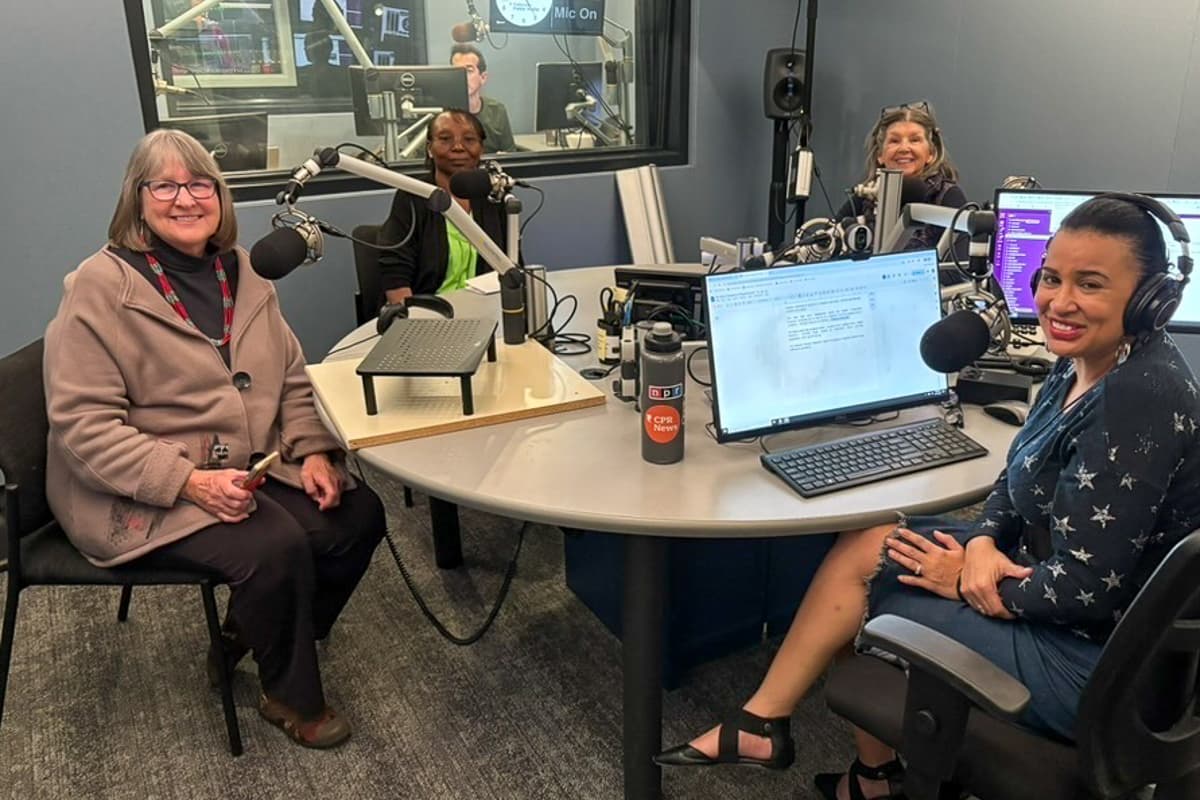
The Senior Companion Program was introduced in the 1970s. At the time, the goal was to help older people unable to leave their homes, as well as to reduce poverty among older volunteers by offering them a stipend.
Since then, the demographics of the nation have shifted older, and that’s especially true in Colorado: by 2040, one in five people in the state will be over the age of 60. That may mean more people who need help, but it also means more potential helpers, as older people are active volunteers.
The Senior Companion Program continues to offer a stipend to volunteers who meet the requirements - they must be over 55 and earn no more than 200 percent above the poverty level - but it is modest. At $4 per service hour, Kinder said, it may only partially cover the volunteer’s expenses. Still, it helps.
“Volunteering is not free for the volunteer. There are expenses associated with volunteering. So this small stipend kind of helped break down a barrier to our volunteers so that they could go and serve,” Kinder said.
Anderson said she wasn’t looking for a stipend, she just wanted a way to stay active after a career as a nurse.
“I retired in the early part of 2024, and I must've sat at home I guess for a couple of months watching TV before I became bored and I was like, ‘I got to get out and do something,’” she said.
“It wasn't what I was expecting retirement to be. And so I wanted to get out and continue out in the community, and this way I'm able to do that.”
Anderson works with Wearley and other clients, several days a week.
| Whether you're aging yourself or caring for someone who is, what questions do you have? Email us at [email protected] or leave a voicemail at 303-871-9191 X 4480. |
Wearley said she signed up for a companion to help with chores that are a bit harder now that she doesn’t have a car and deals with hand tremors. Anderson helps chop vegetables for the week, and writes birthday cards for her to send to relatives in New Jersey.
“I often wonder what they must think about my improved handwriting,” she laughed. "She has beautiful handwriting.”
But it’s the friendship that’s developed between the two that is most important to Wearley. She encouraged other older people, who might be reluctant to ask for help, to consider the benefits.
“I think once you experience it, you realize what you've been missing. It's like you don't know what you're missing until you have it and then you go, ‘oh, this is really important to me, to have this connection.”
This story is a part of Aging Matters, a series from Colorado Matters about the Centennial State's aging population. Read more stories here.

